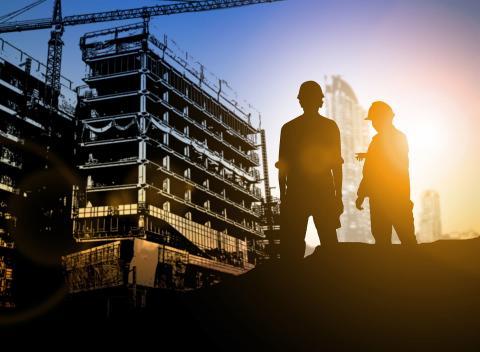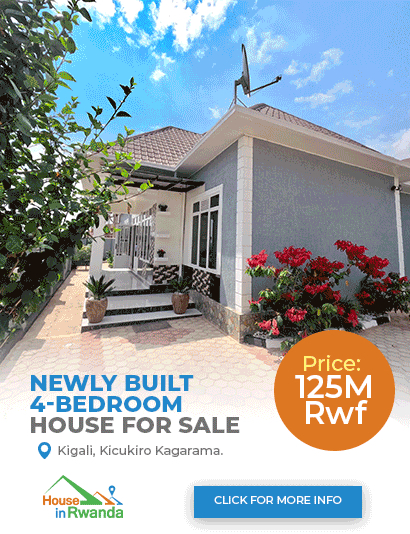
REAL ESTATES AND CONSTRUCTION IN RWANDA
Overview
The real estate sector is a crucial sector and a potential driver of future economic growth.
The sector contributed 647 Billion Rwandan Francs to the national GDP in 2019, in 2019/2018, the sector grew by 4%, because of sustained expansion in private constructions and public works.
Among the notable opportunities in the real estate and construction sector is the implementation of the Kigali City Master plan that entails a broad vision and guidelines for the entire city, serving as the basis for more specific planning in the District and the Central Business District. It presents the most advanced sustainability in land use, infrastructure, environment, society, and economy.
Rwanda has also earmarked six secondary cities ((Rusizi, Rubavu, Musanze, Huye, Muhanga, Nyagatare) to foster their growth and economic development. The secondary cities present enormous opportunities especially; in real estate and infrastructure development, manufacturing and agro-processing
The target in the Housing sector is a steady annual increase of building on one hand and access to housing mortgages on the other. A second target is to develop new local construction materials and housing typologies. The achievement of these targets will be the backbone for the roll-out of affordable and decent housing countrywide.
The country needs 5.5M (150,000 dwelling units to be constructed annually) to cater for 22M by 2050. Start by replacing and upgrading existing informal settlements and densifying existing cities and centers before using the new land. Construction Volume from 2020-2050 will be: 3.0M New + 1.5M Replacements = 4.5M dwelling units, The annual average construction will have to supply 150,000 Dwelling Units.
INFORMAL SETTLEMENT UPGRADE
Strategic land in Kigali will be available to investors for various real estate development opportunities. The Project is strongly supported by GoR, whose goal is to reduce the rate of informal settlements by 15% by 2024.
AFFORDABLE HOUSING
Development of 115 k-139 k units of housing for low-to-middle income households in 9 different districts in Rwanda. By 2032, at least 415,000 houses will need to be built, and ~70% is for low and middle-income communities. GDP per head growth in the last 15 years has grown on average at 9.2%, and Rwanda aims to reach middle-income status by 2032 at $1240 per head
Following are incentives, Construction, and Real Estate projects are entitled to:
A registered investor is entitled to a flat accelerated depreciation rate of fifty percent (50%) for the first year for new or used assets if he/she meets the following criteria :
invest in business assets worth at least fifty thousand US dollars (USD 50,000) each;
construction projects worth at least one million eight hundred thousand United States dollars (USD 1,800,000);
A registered investor shall not pay capital gains tax. However, income derived from the sale of commercial immovable property shall be included in the taxable income of the investor.
Duty-Free importation of machinery and raw materials as per the East African Community Customs Management Act Regulation
The tax administration issues a Withholding Tax Certificate to avoid double taxation upon presentation of the Investment Certificate provided by RDB.
A registered investor who invests an equivalent of at least two hundred fifty-thousand United States Dollars ( USD 250,000) may recruit three ( 03), foreign employees, without necessarily demonstrating that their skills are lacking or insufficient on the labor market in Rwanda.
For any further details/information you may require, please contact:
Mr. Adelin KAJANGWE
Industrial Development Analyst
Email: adelin.kajangwe@rdb.rw
Telephone: +250785753935
News source kigaliestate.com
